BIS Standards for Drinking Water Quality in India
In India, access to safe and clean drinking water is essential for maintaining public health and well-being. To uphold this fundamental right, the Bureau of Indian Standards (BIS) has established comprehensive guidelines for drinking water quality. Understanding these BIS standards is crucial for ensuring that water purification systems meet regulatory requirements and deliver water that is safe for consumption. Let’s delve into the intricacies of BIS standards for drinking water quality in India.
BIS Drinking Water Specifications
The BIS has set forth stringent specifications for various parameters to ensure the purity and safety of drinking water. These specifications cover physical, chemical, and microbiological parameters, including color, taste, odor, pH level, total dissolved solids (TDS), heavy metals, pesticides, and microbial contaminants.
IS 10500:2012 – Indian Standard for Drinking Water
IS 10500:2012 is the primary standard established by the BIS for drinking water quality in India. It encompasses a wide range of parameters and defines permissible limits for each, based on extensive research and scientific analysis. Compliance with IS 10500:2012 is mandatory for all drinking water suppliers, including municipal corporations, bottled water manufacturers, and water purification companies.
Key Parameters and Permissible Limits
- Physical Parameters: IS 10500:2012 specifies limits for physical parameters such as color, odor, and turbidity to ensure that drinking water is aesthetically pleasing and free from visible impurities.
- Chemical Parameters: The standard prescribes permissible limits for various chemical contaminants, including heavy metals (such as lead, arsenic, and cadmium), pesticides, and chemical disinfectants (such as chlorine).
- Microbiological Parameters: IS 10500:2012 establishes criteria for microbial quality, including limits for total coliform bacteria, fecal coliform bacteria, and Escherichia coli (E. coli), which serve as indicators of waterborne pathogens.
Importance of Compliance
Adhering to BIS standards is essential for safeguarding public health and preventing waterborne diseases. Non-compliance with these standards can lead to serious health risks, including gastrointestinal infections, respiratory illnesses, and long-term health effects due to exposure to contaminants.
Role of Water Purification Systems
Water purification systems play a critical role in ensuring compliance with BIS standards by removing impurities and contaminants from the water supply. RO (Reverse Osmosis) purifiers, UV (Ultraviolet) disinfection systems, and activated carbon filters are commonly used technologies that help meet BIS specifications for drinking water quality.
Challenges and Future Directions
While BIS standards provide a robust framework for regulating drinking water quality, challenges such as inadequate infrastructure, industrial pollution, and agricultural runoff continue to pose threats to water safety. Addressing these challenges requires concerted efforts from government authorities, water utilities, and civil society to implement effective regulatory measures and promote sustainable water management practices.
Aquafresh RO Purifier
Discover Aquafresh RO Purifier, the epitome of purity and innovation in water purification technology. With a commitment to excellence, Aquafresh offers a range of RO purifiers designed to deliver crisp, clean drinking water that meets the highest standards of quality and safety. Trust Aquafresh to provide your family with the hydration they deserve, ensuring peace of mind and well-being with every sip. Experience the difference with Aquafresh RO Purifier today.
Conclusion
Adherence to BIS standards for drinking water quality is essential for ensuring the availability of safe and clean drinking water for all citizens of India. By complying with these standards, water suppliers and purification system manufacturers contribute to public health and well-being, thereby fulfilling their responsibility towards society. Moving forward, concerted efforts are needed to address emerging challenges and uphold the highest standards of water quality and safety across the country.
Don’t Miss: Why Are Your Water Filters Clogging So Fast?

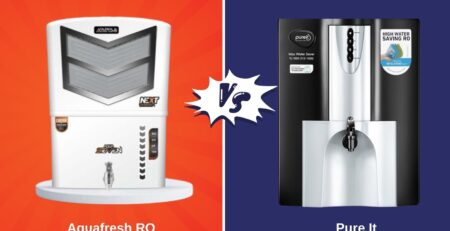
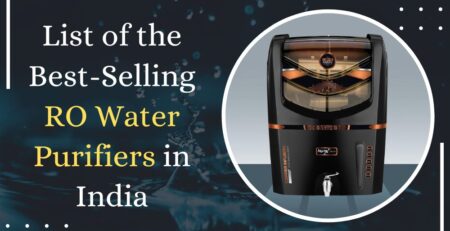




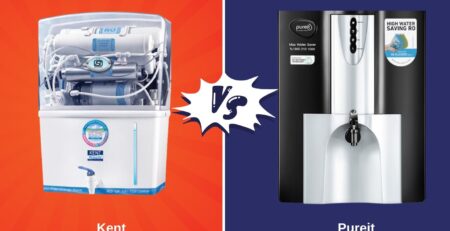
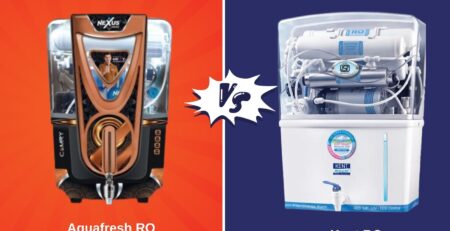
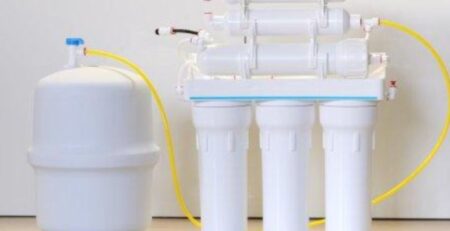

Leave a Reply